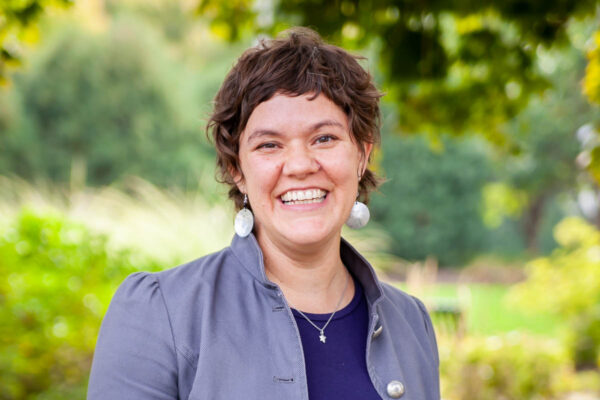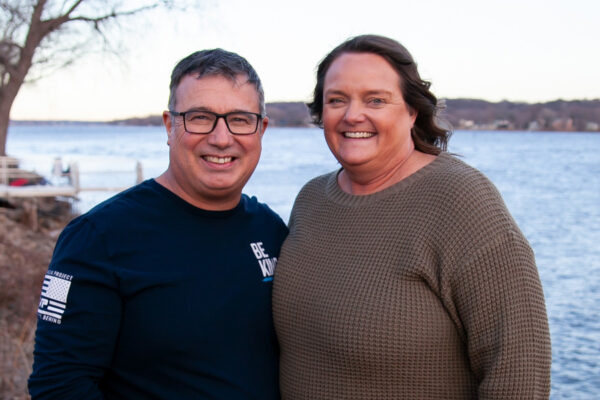Not hiding the broken
“Since it was the day of Preparation, the Judeans did not want the bodies left on the cross during the Sabbath, especially because that Sabbath was a day of great solemnity. So they asked Pilate to have the legs of the crucified men broken and the bodies removed.” John 19:31
Sitting in Good Friday services a few weeks ago, these words were a part of the readings we heard from John, describing the day Jesus died. It wasn’t just the day Jesus died to those 1st-century people – it was also another important day, the day of preparation for the Passover. It was a high holy day, a day you didn’t leave bodies out, so they asked Pilate to have the legs broken. A crucified person wouldn’t live more than a few hours after their bones had been broken, so the bodies could come down in time for the religious observance. It’s a bitter pill to swallow, a group of people convinced they were doing the right thing, the holy thing, when in fact it was just the opposite.
We can wade knee deep into how backward it is. A group of people so intent not breaking the rules, they find it best to break legs instead. I imagine some of them knew what they were asking for, what was actually going on. It seems they were trying to hide the evidence.
This passage of scripture has grabbed me. It’s has a Lenten bent, but its hanging on to my heart this Easter season. In the journey of faith, the hanging on pieces, the ones that don’t seem to match or fit neatly into the puzzle, those are the ones that God speaks through. Those are the ones that ask for our attention. So I wonder, do I ask for the proverbial legs to be broken? How often do I ignore genuine holiness for false humility?
Do we ever act like the people John is talking about? I imagine we all have before.
We try to take away the bad things we have done, so we don’t have to look on them or learn from them. We try to hide the evidence. Trying to stomach our own misdeeds leaves us gutted. It leaves us empty. This isn’t want God wants for us. The people asking for broken legs that day were doing it so they wouldn’t offend God’s holiness with suffering bodies. But Christ has lived, died, and is living now to show us that God isn’t offended by suffering bodies, or broken hearts, or parched spirits. God in Christ draws close to this brokenness, so close that he finds himself right in the middle of it. God doesn’t demand our flawless piety, but instead our compassion. Isaiah writes that God asks “Is this not the fast that I choose: to loose the bonds of injustice, to let the oppressed go free; is it not to share your bread with the hungry and when you see the naked to cover them.” (Isaiah 58)
I keep thinking about the people that day at the foot of the cross; the people demanding broken legs when they had broken hearts. Perhaps John includes this in his gospel to encourage us to hold up a mirror to our own broken hearts and misplaced spirits. Perhaps it can be a reminder this Easter season that what God desires for us is something bigger, that one of the sure-fire best ways to love God is to love people.
–Amy Diller, pastor in residency





Myrna Miller
Very thought-provoking, Amy.
Frank Claudy
Well said, Amy!
Jim Case
Thanks Amy. Great message!
Stella
wonderful meditation!